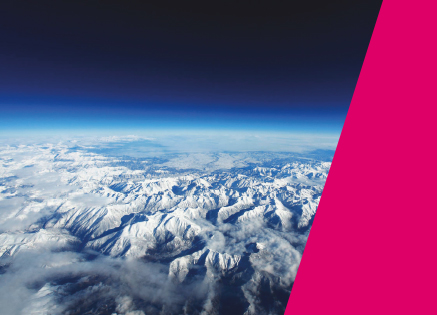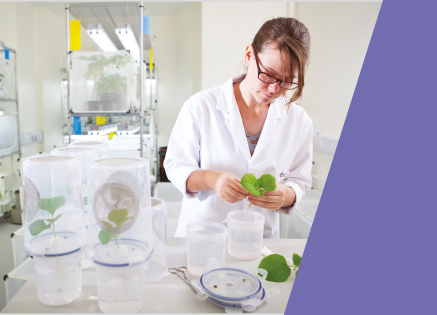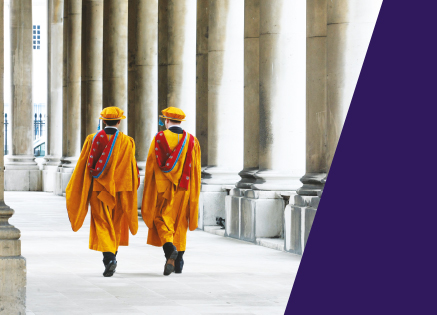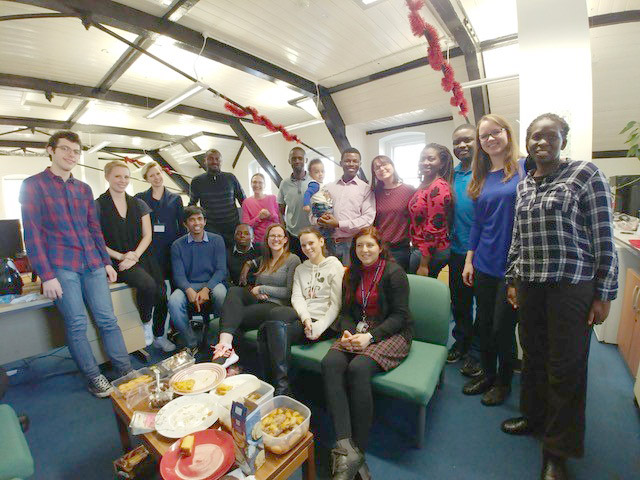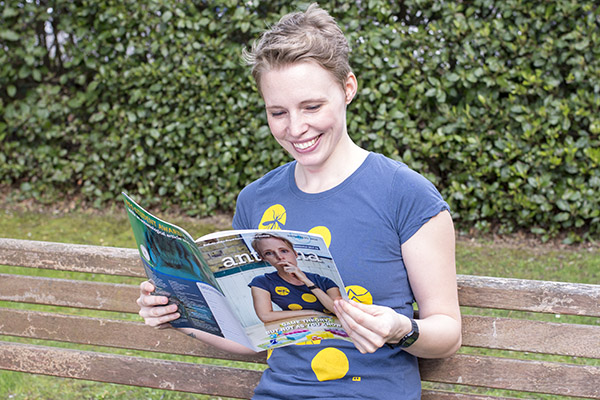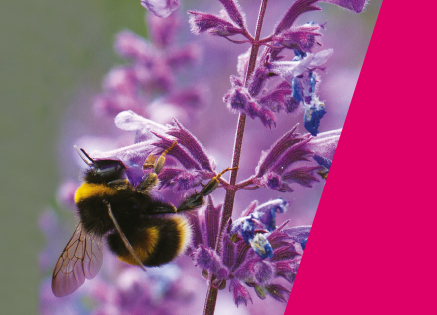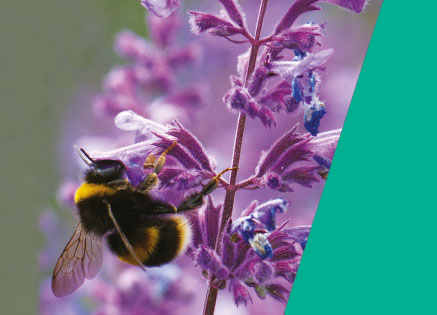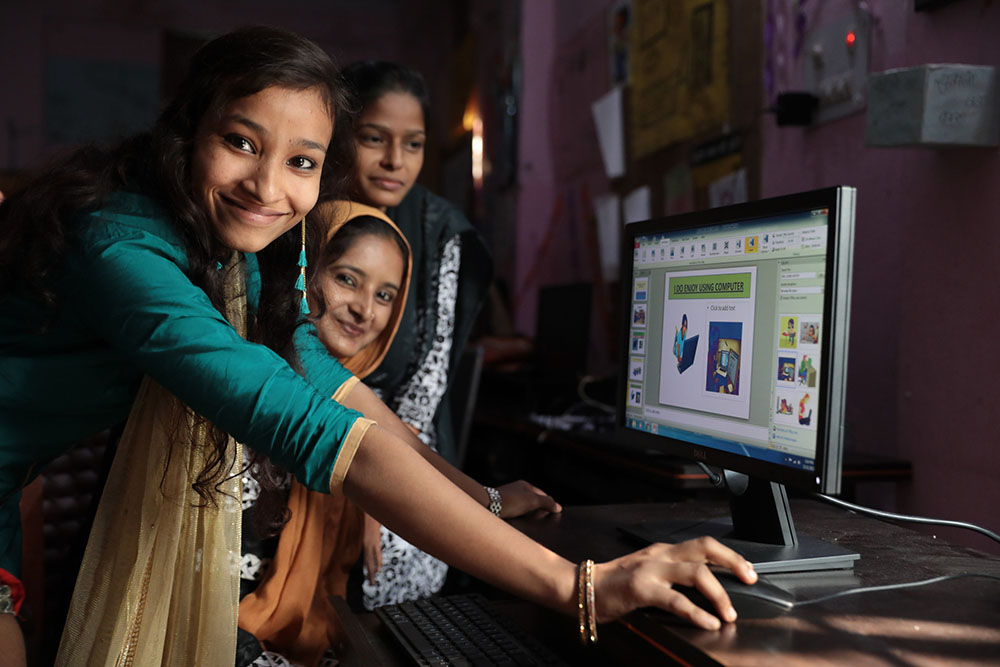People
NRI Postgraduate Society
Welcome to ‘NRIPS’ – the Natural Resources Institute Postgraduate Society – dedicated to cultivating a thriving postgraduate student community at NRI.
Biology, MBiol
Gain a comprehensive understanding of the living world around you, learn to investigate, document and analyse biological systems, help find solutions to some of the world’s biggest issues, and prepare for your future career: all on our Biology degree.
Environmental Science, BSc Hons
Understand our natural world, explore environmental conflicts and issues, study society’s impact on the environment and discover sustainable solutions: our Environmental Science programme is a degree for the future.
Biology (Extended), BSc Hons
This four-year programme is identical to the three-year Biology degree, but has a foundation year with lower entry requirements and includes academic writing, computing skills, introduction to the subject and more.
Environmental Science (Extended), BSc Hons
This four-year programme is identical to the three-year Environmental Science degree, but has a foundation year with lower entry requirements and includes academic writing, computing skills, introduction to the subject and more.
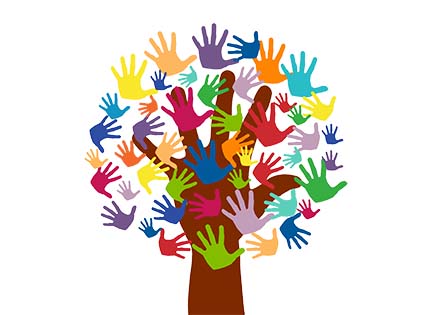 How will we tackle ongoing global challenges? Join our new MSc programme – Global Sustainable Development.
How will we tackle ongoing global challenges? Join our new MSc programme – Global Sustainable Development.
Despite progress in many aspects of global development over recent decades, 690 million people experienced hunger in 2020. Degradation of our natural resources – land, water, forests and biodiversity – continues at alarming rates. These challenges are exacerbated by climate change and violent conflicts in many parts of the world. Tackling these challenges and ensuring a better future will require sustainable development and Transformative Change (TC) – change that is disruptive, systemic, occurs at relatively large scales, and involves a reconfiguration of technology, economy, institutions and society.
Our Global Sustainable Development MSc will provide you with an in-depth understanding of Development Studies theory and practice, including different conceptions of human, societal and environmental changes. Drawing on real-world lessons from various domains (e.g. economic, environmental, social and institutional), sectors (e.g. agri-food, energy, education, and financial services) and contexts (developing and developed countries), you will develop the capacity to critically discuss, analyse and evaluate TC. You will develop hands-on skills in sustainable development design and planning, project management, research, and impact evaluation methods, and familiarity with systems modelling and relevant software. The MSc will enhance your communication, networking and community-engagement skills.
What you should know about this course
- The MSc is run by the Natural Resources Institute (NRI) – a specialist organisation with over 125 years of history in development-related research, teaching, consultancy, and community engagement.
- Over 30 members of NRI’s staff have expertise in human geography, political ecology, environmental and development economics, social anthropology, agriculture, and natural resources management.
- You will receive personalised teaching from an interdisciplinary team of world-leading researchers and development practitioners with experience of working with the World Bank, UN, CGIAR, NGOs and other organisations.
- NRI’s extensive global networks and ongoing research projects in over 30 countries will provide you with opportunities for practitioner-based learning through placements and fieldwork.
- You will receive one-to-one care and mentoring and be part of a vibrant and diverse postgraduate student community.
- Course content is focused not only on what the world’s sustainable development challenges and potential solutions are, but also on ‘how to make changes happen’.
About the course team
At NRI, we maintain professional high standards and place the student experience at the heart of everything we do. Over 80 of our academics publish work in leading international journals, with 22 professors involved in research leadership. Many of our staff have become Fellows, Senior Fellows and Principal Fellows of the UK Higher Education Academy.
The course leader is Dr Md Mofakkarul Islam.
What sort of careers do graduates pursue?
Our interdisciplinary MSc will make you employment-ready for opportunities in government organisations and NGOs worldwide, as managers, policy makers and researchers who can analyse, facilitate, plan, and lead transformative change towards sustainable development.


